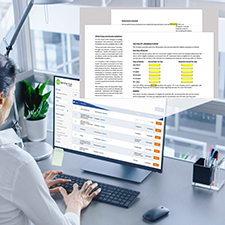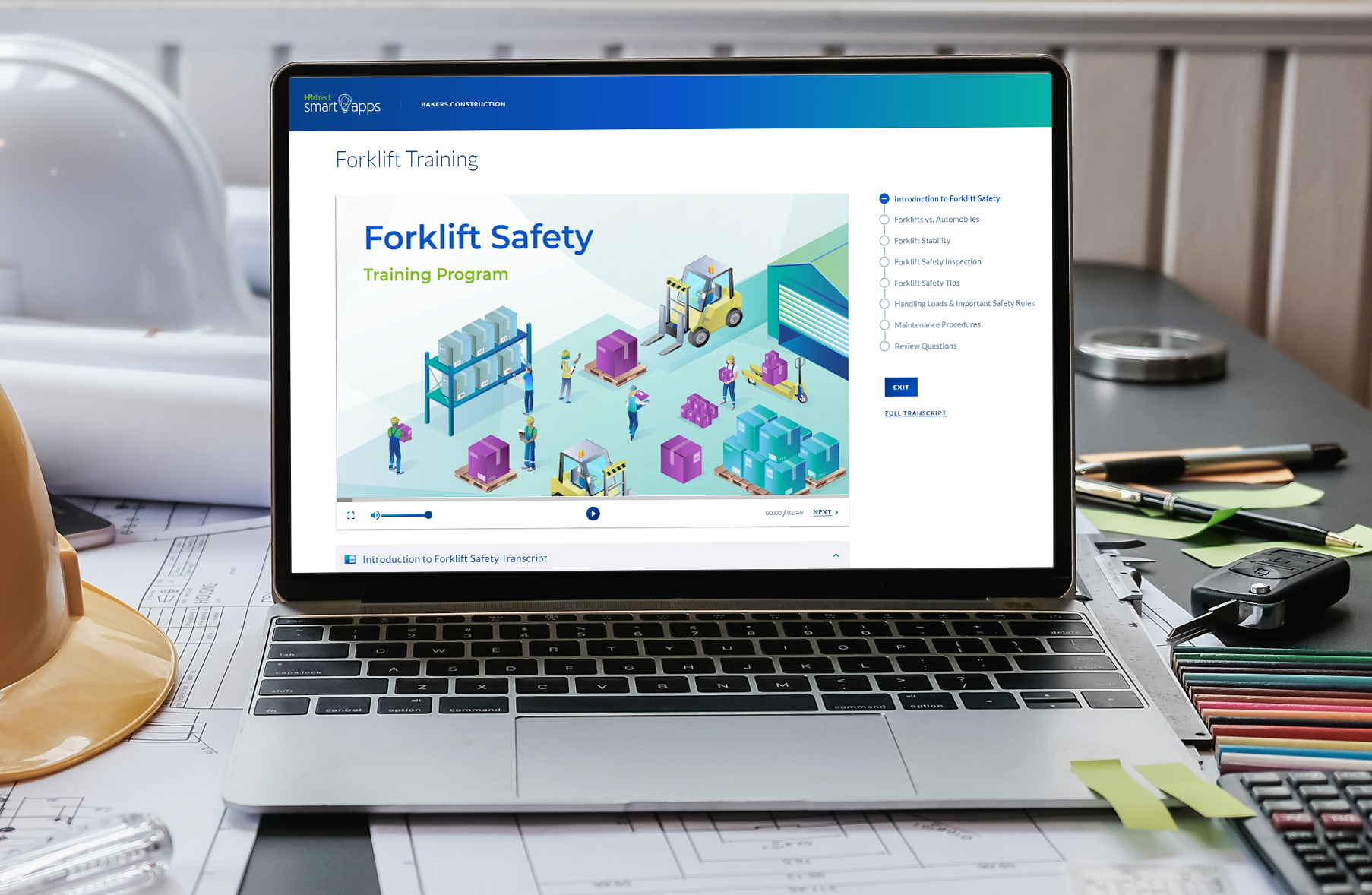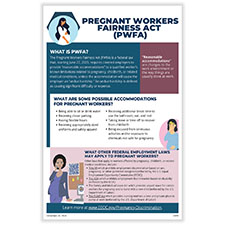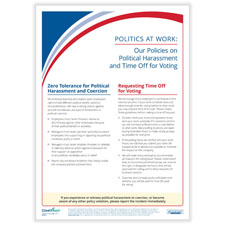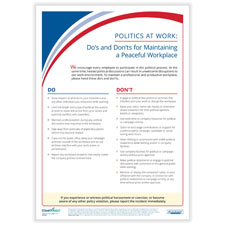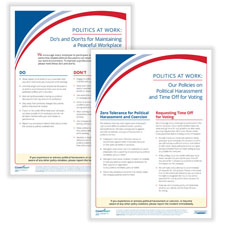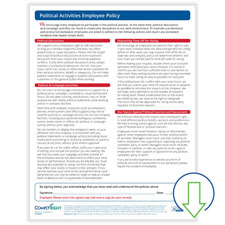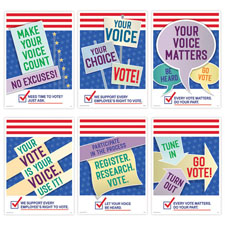
Industry Leading
HR Products
We select top-rated HR products from nationally recognized brands. All in one place. 100% compliant. Priced right.

35 Years
HR Experience
Everything we sell is backed by 35 years of HR experience and comes with expert advice designed for HR professionals.

Unsurpassed
Customer Service
Our customer service is second to none. Have a question? Our HR product specialists are here to help.

HRdirect® Product and Service Guarantee
Everything we sell is covered by our unmatched HRdirect Product and Service Guarantee.


 Shopping cart
Shopping cart
